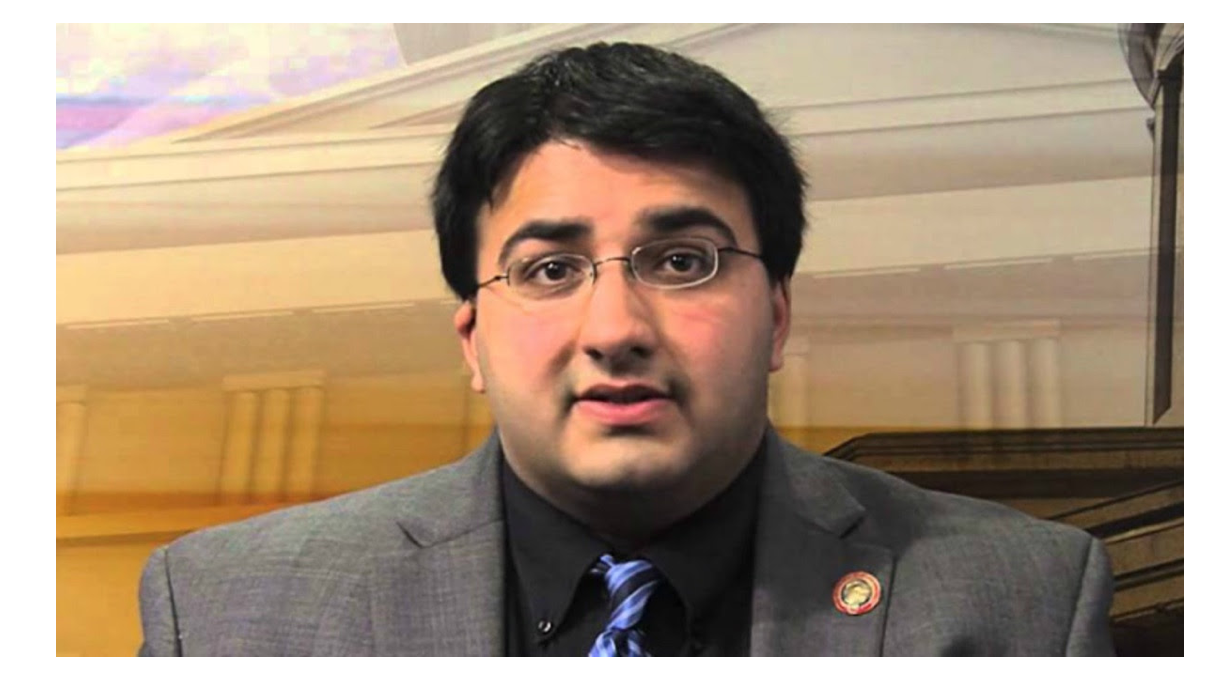Voting Rights for Formerly Incarcerated Citizens Should Be Reinstated
By Mika’il Stewart Saadiq
The US current possess 25% of all documented imprisoned persons in the world. Nearly all felons in the US will never cast a ballot if allowed to reenter society. To restore voting rights, or re-enfranchise, felons will greatly impact how Americans define citizenship in the new millennium.
Consequences for deviant actions that disrupt social harmony are necessary. What is expected of the people must be clear along with the consequences and/or punishments that complement those expectations. Great care has to be made to determine the severity of offenses; what constitutes a civil infraction or a crime.
In some ancient societies, those found guilty of crimes would be censured, ostracized, and even banished. Banishment often meant death by the elements; or the execution of nonexistence. Sometimes felons would have the letter, or symbol, of their specific offenses cauterized into their flesh; even the face. Similarly, felons in modern day America must endure collateral consequences for their crimes. Felons are prohibited from gaining many (and all government) jobs and holding elected offices in some states, jury duty, and voting; in many cases indefinitely. But among all collateral consequences disenfranchisement is most impactful. The right to vote is the lifeblood of American citizenship. The importance of suffrage is embossed in the minds of Americans from an early age. In every state social studies, civics, and United States government classes are required for young Americans to become informed participants in the democratic process.
In the democratic value of worth of all citizens, set forth in our Constitution, we have adopted to imprison (and seldom execute) criminals; rather than flog and torture like many other nations today. Proponents of felony disenfranchisement consider it a fair punishment and an effective crime deterrent. Proponents cite the conditions of the right to vote expressed in the 14th amendment which states, “denied to any male citizen… except for participation in rebellion, or other crime…” (1868, US Constitution, Article V, Section 2). The Constitution allows for the states to determine what “other crimes” will allow someone to be disenfranchised. Proponents conclude that compared to the political oppressions of citizens/nationals in other parts of the world, felony disenfranchisement is a “slap of the wrist” collateral consequence.
In opposition to felony disenfranchisement, there are some who consider it one of a few lasting archaic, US Reconstruction policies. The opposition points out that over the last 150 years there has been much needed corrections and clarifications to the US Constitution; specifically, redefining citizenship. Opponents cite several constitutional amendments but the 15th and 19th amendments are their strongest premise. The 19th amendment clarifies the definition of citizenship and equality set out in the 14th amendment by stating, “The right of citizens of the United States to vote shall not be denied or abridged by the United States or by any State on account of sex,” (1920, US Constitution, Article V, Section 1). The 15th amendment, which also clarifies and corrects, states, “The right of citizens of the United States to vote shall not be denied or abridged by the United States or by any State on account of race, color, or previous condition of servitude,” (1870, US Constitution, Article V, Section 1). The opponents of felony disenfranchisement, conclude that based upon the words on the 14th amendment:
“All persons born or naturalized in the United States, and subject to the jurisdiction thereof, are citizens of the United States and of the State wherein they reside. No State shall make or enforce any law which shall abridge the privileges or immunities of citizens of the United States.”
Felony disenfranchisement is unconstitutional and outdated. Formerly incarcerated citizens should be re-enfranchised immediately upon release. As a young, evolving nation we have recognized that laws written during Reconstruction era were only the beginning of an inclusive American electorate. Ever since the phrase, “…all men are created equal” was introduced into global politics, Americans bear the burden of proof. We now understand “men” to mean mankind. Furthermore, we’ve declared that US citizens are empowered by a contractual agreement with our government for “life, liberty, and the pursuit of happiness.”
Furthermore, the eighth Amendment of the US constitution states, “Excessive bail shall not be required, nor excessive fines imposed, nor cruel and unusual punishments inflicted.” Felony disenfranchise is “cruel and unusual” because it is slows returning citizens of dignified reentry, rebukes rehabilitation, and encourages recidivism through marginalization. Plainly put, the disenfranchisement of felons is akin to the branding of runaway slaves. If felons are perpetually punished (with debts unpaid) I call that cruel, unusual, and morbid.
18-14



















2016
1,470 views
views
0
comments